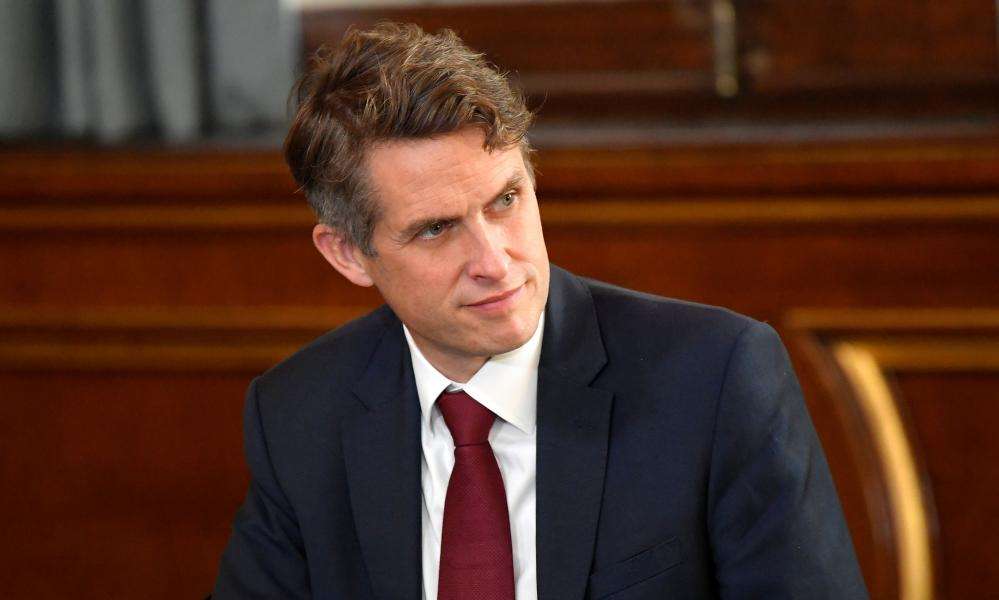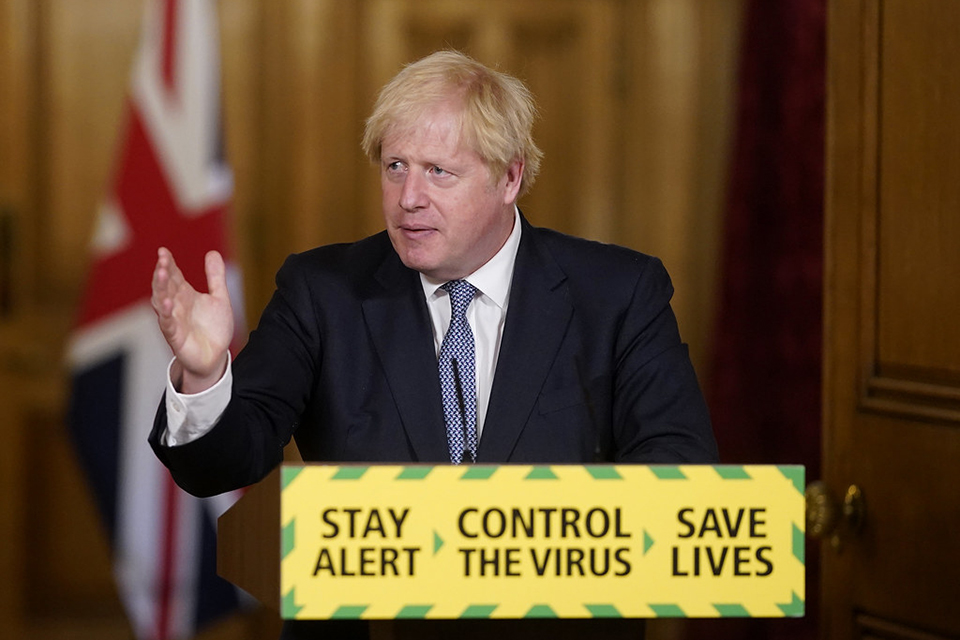A government U-turn occurs when the government completely change a policy decision. When a government decides to reverse a past policy, it’s referred to as a ‘U-turn’.
Since Boris Johnson’s Conservative Party won the general election in 2019, there has been over 9 U-turns.
To illustrate an example of how this Conservative government has behaved, we can look at the handling of A-level results. The education secretary Gavin Williamson was adamant that using teacher predicted grades would be “unfair” as it would lead to a 13% inflation in grades. As a result, the government used an algorithm to alter teachers’ predictions based on the past performance of the school. Following a public and media outcry, Gavin Williamson made a public apology to all A-level students. He then agreed to use teachers’ initial predictions. This is not an isolated incident; other U-turns include:
- The NHSX Track and Trace app
- School meal voucher scheme
- Coronavirus tests
- PPE for NHS workers
- Support for families of foreign NHS support staff
- Track and Trace
- Migrant Health Surcharge
- Primary school children back to school this term

Why is the government always U-turning?
A common phased that is used to justify government U-turns goes like this: a government should be allowed to change their minds when faced with new information. While the sentiment of this statement is true, the frequency of these U-turn implies two things.
The first is that Boris Johnson has lost control of his party. It is essential to understand that Boris Johnson’s government has a majority of 80. What this means is that he can comfortably pass any piece of legislation without the support of any other party. For Johnson’s government to not be able to pass a new law, 80 conservative MPs would have to vote against their party, something that is incredibly rare. However, the fact that Boris Johnson’s government continually changes its mind indicates that there is an internal party split. In essence, Boris is worried that he may not have the support of his party. Thus in an attempt to display party unity, he would rather avoid areas of contention.
An alternative view is that Boris Johnson has only one principle: to stay Prime Minister for as long as possible. There is no doubt that Johnson’s lifelong ambition has been to become Prime Minister. Now that he has accomplished this goal, his main concern seems to be staying in power. Therefore, instead of taking decisions based on values and principles, he is making decisions based on opinion polls.

The problem with U-turns?
In the short term, this isn’t much of a problem. The general public gets what they want and feels listened too. However, in the long-term people will have to pay an unforeseen price. Ultimately, governments have access to more information than the average citizen and can therefore see the bigger picture. If the government continues to give in to the wish and whims of the blind majority, they are abdicating their responsibility to act in the best interest of the country.


